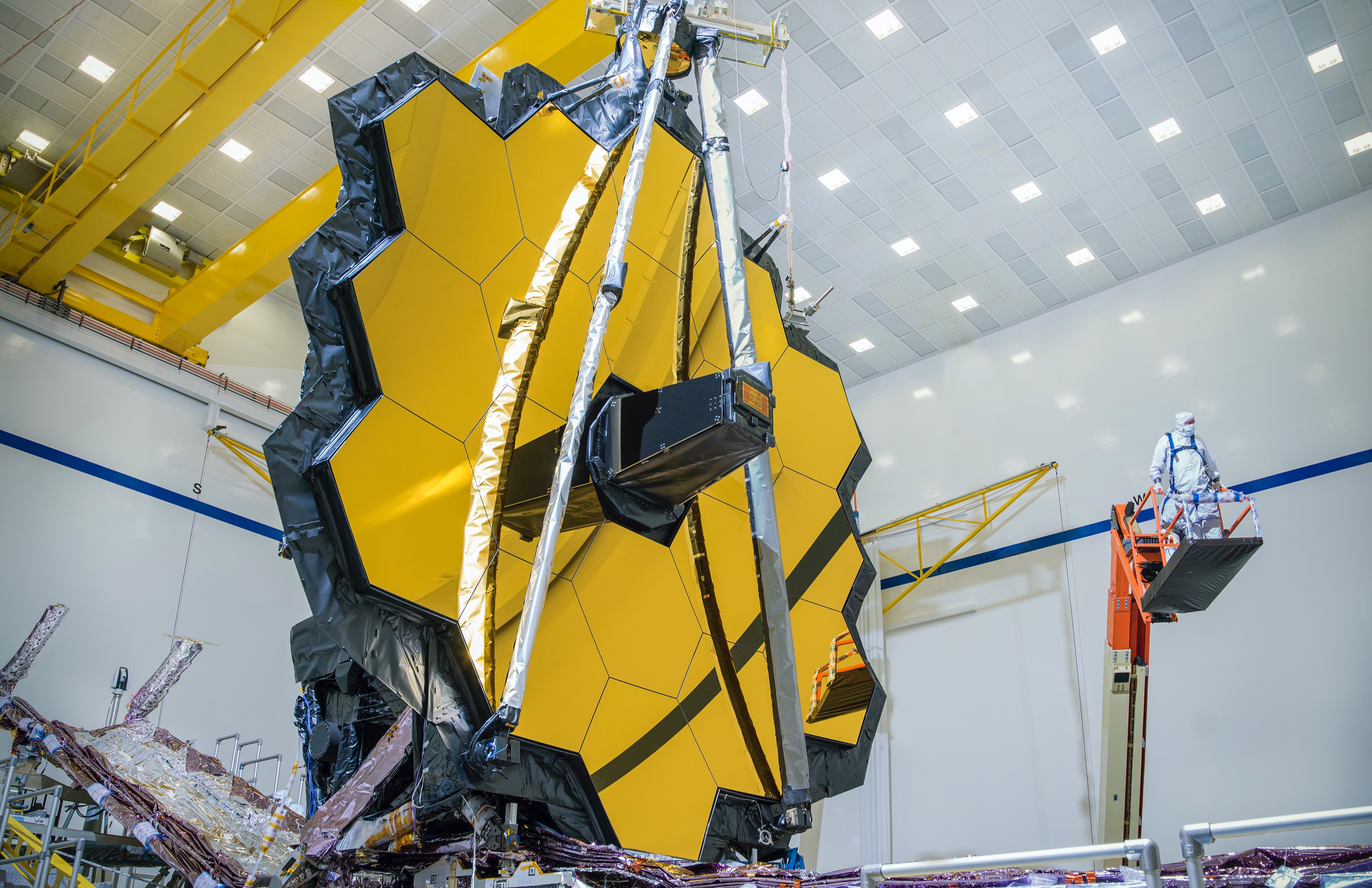Science News Roundup: NASA's new space telescope reaches destination in solar orbit; Omicron survives longer on plastic, skin than prior variants; nose swabbing found best for rapid tests and more
With a final five-minute, course-correcting thrust of its onboard rocket, Webb reached its destination at a position of gravitational equilibrium known as the second Sun-Earth Lagrange point, or L2, arriving one month after launch, NASA officials said. Omicron survives longer on plastic, skin than prior variants; nose swabbing found best for rapid tests The following is a summary of some recent studies on COVID-19.

Following is a summary of current science news briefs.
NASA's new space telescope reaches destination in solar orbit
NASA's James Webb Space Telescope, designed to give the world an unprecedented glimpse of infant galaxies in the early stages of the universe, arrived at its gravitational parking spot in orbit around the sun on Monday, nearly a million miles from Earth. With a final five-minute, course-correcting thrust of its onboard rocket, Webb reached its destination at a position of gravitational equilibrium known as the second Sun-Earth Lagrange point, or L2, arriving one month after launch, NASA officials said.
Omicron survives longer on plastic, skin than prior variants; nose swabbing found best for rapid tests
The following is a summary of some recent studies on COVID-19. They include research that warrants further study to corroborate the findings and that has yet to be certified by peer review. Omicron survives longer on plastic and skin
Sinovac regimen gets strong boost from Pfizer, AstraZeneca or J&J COVID shots - study
A third booster dose of a COVID-19 vaccine made by AstraZeneca, Pfizer-BioNTech or Johnson & Johnson increases antibody levels significantly in those who have previously received two doses of Sinovac's CoronaVac shot, a study has found. The study found that CoronaVac received the strongest boost from a viral vector or RNA shot, including against the Delta and Omicron coronavirus variants, researchers from Brazil and Oxford University said on Monday.
China to allow gene-edited crops in push for food security
China has published trial rules for the approval of gene-edited plants, paving the way for faster improvements to crops as it seeks to bolster its food security. Gene editing - or altering the genes of a plant to change or improve its performance - is viewed by some scientists as less risky than genetically-modifying them, which involves transferring a foreign gene.
(This story has not been edited by Devdiscourse staff and is auto-generated from a syndicated feed.)
ALSO READ
Space Ventures Face Cuts as Webb Telescope Observes Cosmic Demise
Webb Telescope Chronicles Planet's Death Plunge
Life Beyond Earth: Webb Telescope's Landmark Discovery
Search for Extraterrestrial Life Intensifies with Webb Telescope Discovery
James Webb Telescope Discovers Possible Signs of Life on Distant Planet










